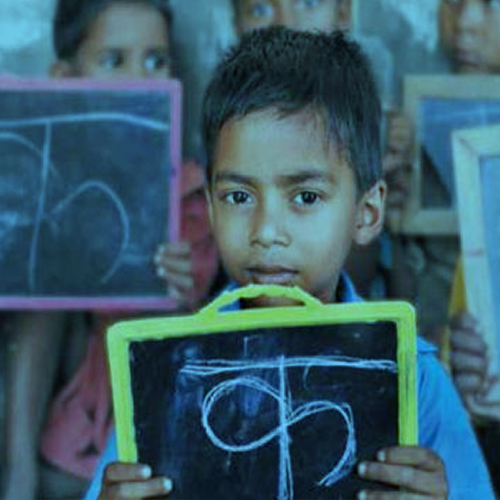
Education is one of the most effective agents of change in society. When a child is able to go to school today, he or she sets off a cycle of positive change. But, thousands of children in India lack access to education and can’t even write their own names. Moreover, underprivileged children between the ages of 11 to 14 years are highly vulnerable to dropping out of schools. An educated child stays away from an early marriage and is empowered to stand up against exploitation. As children grow, they are able to make better choices for themselves and influence the communities they live in. This transforms their present life and ensures a secure future for them.
As per Article 26 of the 1948 Universal Declaration of Human Rights states that “Everyone has the right to education.” However, in current situation 57 million children remain out of school. Education is not only a right, but a passport to human development that opens doors and expands opportunities and freedoms.
But even today, one of the major problems is rampant illiteracy in India. The literacy rate in the country stands at 74.04% (according to the National Census, 2011). When it comes to children, the effects of illiteracy are manifold.
Sustainable Development Goal – 4, Ensuring Inclusive, Equitable, and Quality Education and the Promotion of Lifelong Learning Opportunities for All, recognizes several impediments for universal education and attempts to address them through targets to increase the number of scholarships to students in developing nations and create educational facilities that are gender sensitive and disability inclusive.
The organization operates with a clear set of objectives in Education:
Programs and Initiatives: Dutta Foundation implements a range of programs and initiatives aimed at achieving our objectives. These include:
